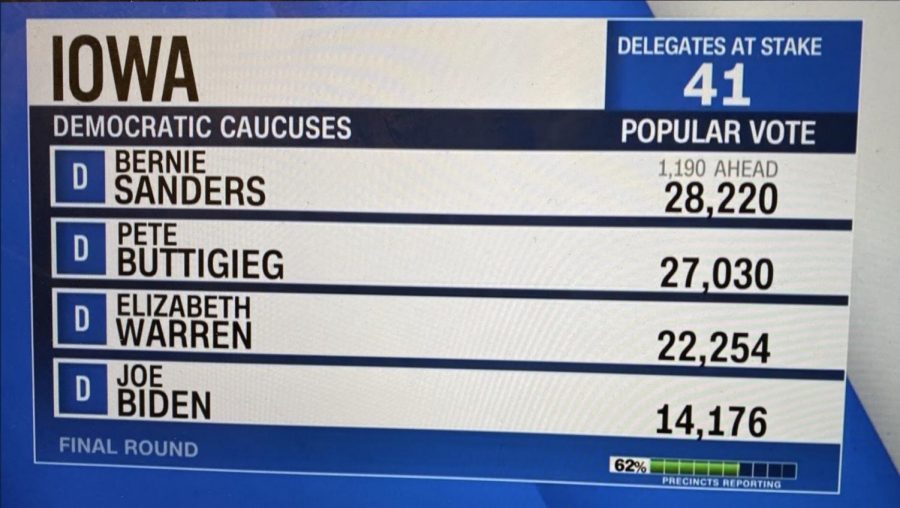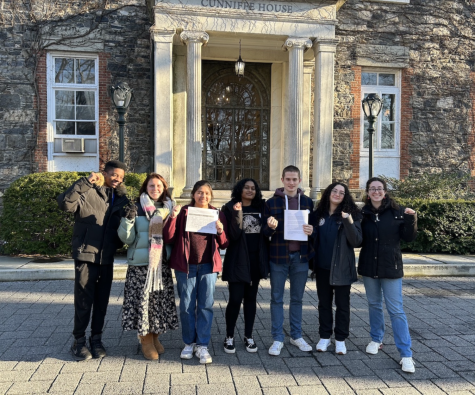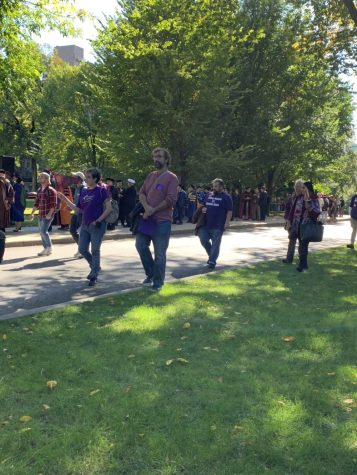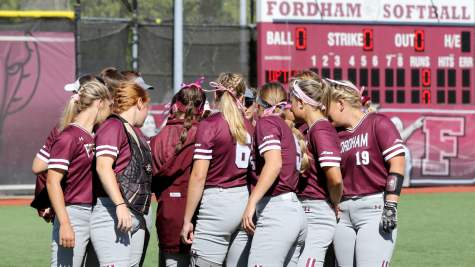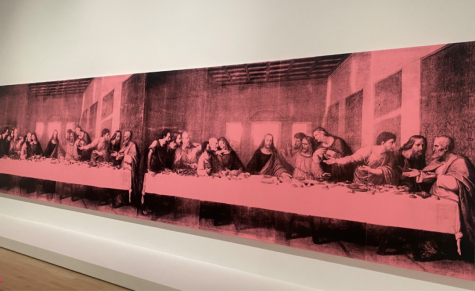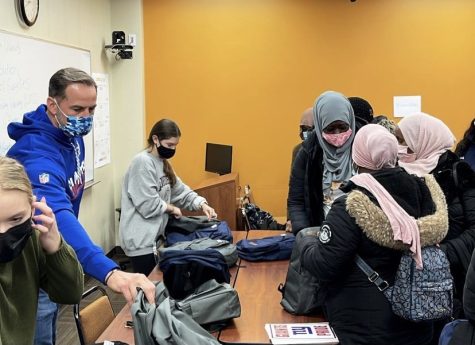Iowa Caucus Results Delayed
The Iowa Caucuses were this Monday, Feb. 3. The state, with nearly 1,700 neighborhood caucuses, is the first to vote in the 2020 primary cycle. Forty-one pledged delegates are at stake. Typically, results begin to come in about an hour after voting begins, with more tallies released over several hours. As of Tuesday night, Feb. 4, the results remain incomplete.
According to the official website of the Iowa Democratic Party, there were changes this year to the caucus process that were designed to increase “fairness and transparency.”
The website explained that there would now be three numbers reported by each precinct: totals from the first alignment, final alignment, and the state delegate equivalents (SDE) earned by each presidential preference group. In the past, precincts only reported the SDE. This is one possible reason for the delay.
There were also reported issues with an app used to tally votes. The app was developed relatively recently and was subject to technical difficulties and crashes. Additionally, voters were unfamiliar with the system.
Michael Fissinger, FCRH ’21, president of College Democrats, spoke to the Ram on behalf of the club. He said the lack of results on Monday night was disheartening.
“Using a new reporting system that will make public three sets of data instead of the usual one, the Iowa Democratic Party should have done more to prepare precinct chairs to report the data in a quick and effective way,” he said.
Fissinger said he wishes the Iowa Democratic Party had a more efficient backup plan prepared in the event of technological glitches.
Despite the significant delay in results, Iowa officials said there was no sign of a hack or cybersecurity issues. It is still unclear what caused the app to malfunction.
Tim Kyle, FCRH ’21, president of College Republicans, said he thought the delays could be a Democratic National Committee (DNC) failing or conspiracy to elect former vice president Joe Biden.
“The delays in the Iowa Caucus reporting is at best a massive failure of key DNC infrastructure in the most important primary in the nation,” he said. “And at worst, an attempt to cover for the DNC’s anointed candidate, Joe Biden.”
Kyle said regardless, the incident was a bad look for the DNC.
“It is clear that the DNC is unprepared for a competitive and fair primary season and seriously undermines faith in our democratic institutions,” he said.
Fissinger and the College Democrats still have faith in the election, without evidence of foul play.
“We still have confidence that the results will be an accurate and fair representation of how Iowans caucused on Monday night,” Fissinger said.
However, he said the issues Monday night are indicative of why Democrats should replace Iowa as the first state in the nation to vote in presidential primaries.
“Caucuses are inherently undemocratic operations that favor people who have the means to spend hours of a weeknight voting,” he said. “This naturally leaves out working people, people who don’t have access to childcare, differently-abled individuals and countless others who should have their voices heard in a democratic process.”
Fissinger also said that Iowa’s demographics are increasingly unrepresentative of the country and the Democratic Party as a whole. The state consists of 90.7% white people.
He said that last night was particularly unfortunate for the thousands of organizers and campaign staffers from the Democratic Party who spent the better part of a year in Iowa campaigning.
“Because of last night’s events, they were robbed of a chance to celebrate their work,” Fissinger said. “We sincerely hope the party can release the results in a diligent manner and that the primary can continue in a way that honors the work of these organizers and campaign staffers.”
Others criticized the process of the election. In place of the anonymity of a voting booth, during the Iowa caucuses, voters are required to align in different parts of the room based on candidate preference.
“It’s … weird because people in your area can see (you). It’s your neighbors and your bosses and your teachers … you’re all in the same room, and you can all see who each other supports,” said Boris Heersink, a political science professor at Fordham University.
The Iowa Democratic Party released 62% of the results early this Tuesday, Feb. 4. Mayor Pete Buttigieg and Sen. Bernie Sanders (D-VT) are leading with 10 pledged delegates each. Regardless of the winner, Fissinger said the College Democrats will not be endorsing a candidate before he or she is named the nominee at the Democratic National Convention later this year.



































































































































































































